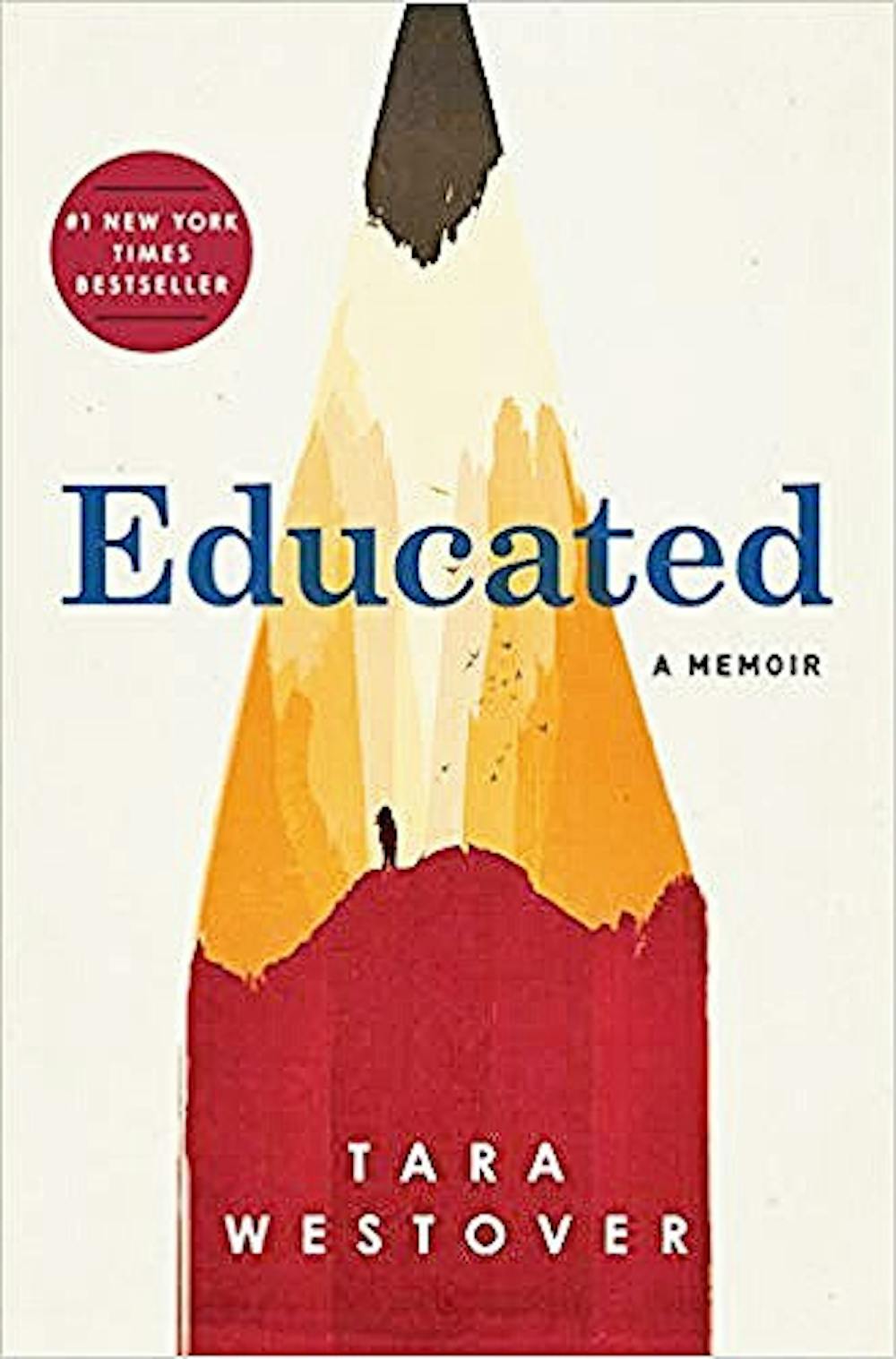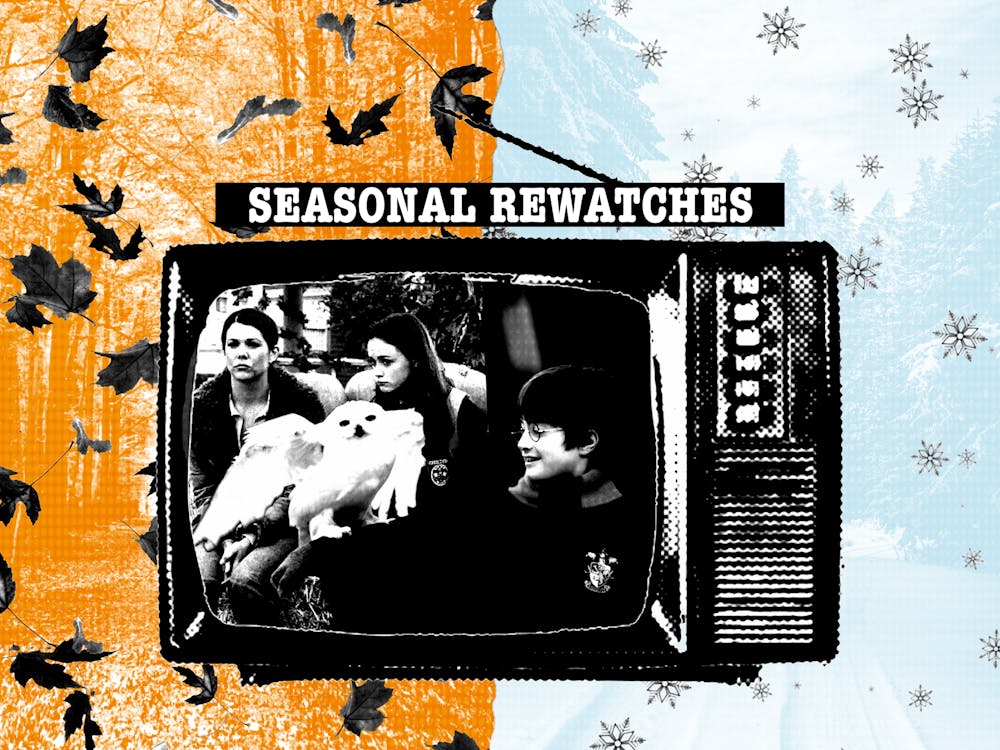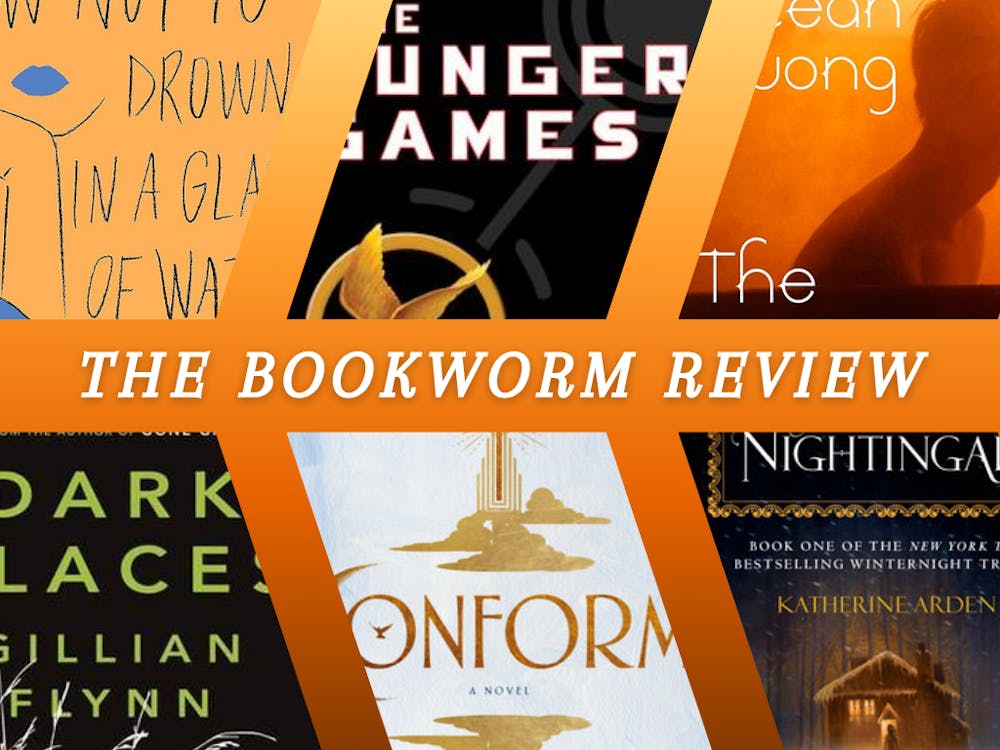In light of 2019's college admissions scandals, with all its rigged SAT centers and doctored water polo pictures, it is tempting to cast aside higher education as a reinforcement of power, designed to ensure the rich and mighty stay exactly where they are.
Since its release in Feb. 2018, another equally dramatic education story has held tight to the New York Times Best Sellers nonfiction list. In "Educated," Tara Westover's authorial debut, the 32-year-old memoirist chronicles her journey from a haphazard homeschooling -- where she and her siblings spent more time in the scrapyard than with any textbook -- to her BA from Brigham Young University and an eventual PhD from Cambridge.
In a way, Westover's story represents higher education at its most idealized: as a gateway to opportunity. At the same time, it paints a frightening family portrait of the life Westover sacrificed for her newfound knowledge.
At the head of the survivalist Westover clan is "Gene," a pseudonym for Tara's father. Gene is a paranoid man who distrusts the government, believes modern medicine is an assault on natural cures ("God's pharmacy") and views college campuses as the Illuminati's indoctrination grounds.
Because of this, Westover is born without a birth certificate or classroom education, spending much of her childhood preparing for apocalypse.
In the memoir's early chapters, Westover makes the most of the genre in her interplay between the childhood pride in living off the land, compared to her modern misgivings about the way she and her six siblings were raised. In graphic detail, Westover describes car crashes and work accidents that were directly caused by Gene's stubbornness.
Still, given the sheer volume of outlandish anecdotes that Westover includes, Gene comes across as complex character, capable of loving his family members while putting them in harm's way.
Equally complex is Westover's mother Faye, another pseudonym, who acts as the family's submissive arbiter and resident herbal healer. While Faye is willing to occasionally defy her husband (for instance, going behind his back to support a young Tara's brief stint as a dancer), she repeatedly folds in the face of confrontation, making for Westover's most inconsistent ally.
Of course, Westover's interest in education creates the first rift in her relationship with her father.
"I would remain a child, in perpetuity, always," she writes, "or I would lose him."
Inspired by an older brother who convinced their didactic dad to let him give college a try, Westover teaches herself trigonometry as she studies for the ACT. Once admitted to BYU, she quickly finds herself woefully overwhelmed by the world outside her Idaho upbringing.
Here, Westover's identity is torn. Although she feels out of place at school, she begins to fear her family visits, particularly the physical abuse she has suffered at the hands of Shawn, her violent older brother and former best friend, who also received a pseudonym. In this portion of the memoir, Westover describes her past self with enough distance to both sympathize and chastise her choice to bury her trauma.
Enjoy what you're reading?
Signup for our newsletter
If there is anywhere "Educated" falters, it is in the final leg when Westover the writer and character become one. Once Tara achieves full independence from Shawn and her parents, she can't help but try to salvage her family ties, even after she is excommunicated for stirring the pot by standing up to her father and brother.
One wonders if more time to marinate on her banishment would have benefited the caliber of Westover's writing in the final stretch. Waiting for the fallout to settle may have imbued the memoir's ending with a better understanding of Westover's deep love and pain, one that she still seems to be waiting for herself.
Nevertheless, Westover demonstrates a clear care for accuracy, admitting to the reader in footnotes where her memory slips, or differs from the accounts of the two brothers on her side of the family schism. Ultimately, the level of reflection and critical thinking that Westover employs in her writing is a telling measurement for how far she has come. While she may have lost her loved ones, the freedom she gained from her education shifted her story toward a better life, one she has chosen to share with the world.




